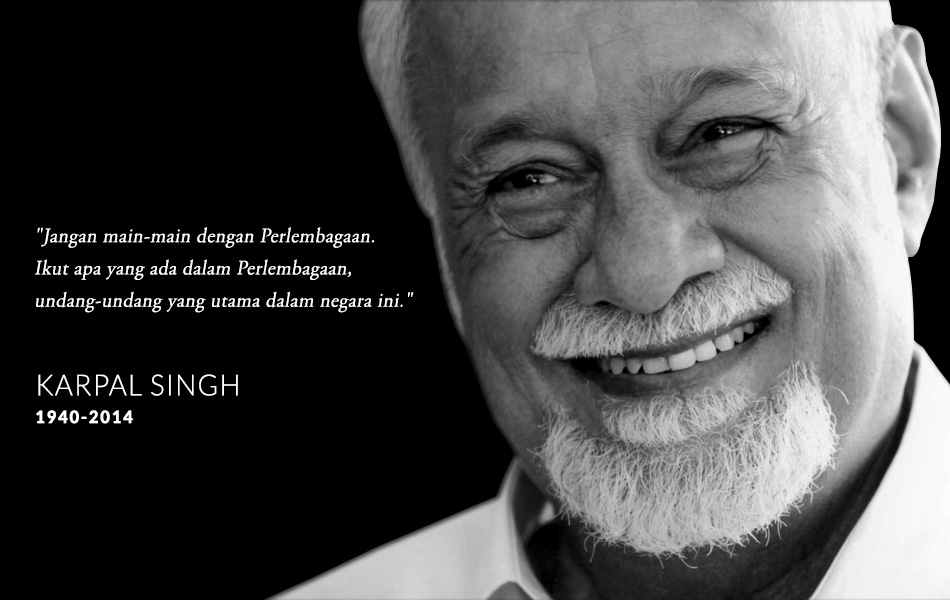The political developments which brought this second largest ISA swoop in Malaysian history since the May 13 riots were sparked ostensibly by mounting political tensions having strong racial overtones. According to the White Paper explaining the arrests, various groups who had played up "sensitive issues" and thus created "racial tension" in the country had exploited the government's liberal and tolerant attitude. This racial tension made the arrests necessary and further, forced the government to act "swiftly and firmly" to contain the situation.
The sensitive issues were brought on by what appeared innocently enough as Education Ministry appointments of some 100 senior assistants and principals to vernacular Chinese schools. This provoked a storm of protest when it was learnt that those appointed were Chinese whom were not Mandarin-educated.
Operation Lalang resulted in the arrest of 106 people under the Internal Security Act. Among the more prominent detainees were opposition leader and DAP Secretary-General Lim Kit Siang, ALIRAN President Chandra Muzaffar, DAP Deputy Chairman Karpal Singh, MCA Vice President and Perak Chief Chan Kit Chee, PAS Youth Chief Halim Arshat, UMNO MP for Pasir Mas Ibrahim Ali, and UMNO Youth Education Chairman Mohamed Fahmi Ibrahim. Other prominent non-political detainees included Dong Jiao Zhong (Chinese Education Associations) Chairman Lim Fong Seng, Publicity Chief of the Civil Rights Committee Kua Kia Soong, and WAO member Irene Xavier. Besides that, there was also another detainee called Hilmy Noor, a Malay Christian, who was accused for "disrupting the Malay culture by being a Christian", while the Federal Constitution of Malaysia defines Malay as someone who is a Muslim, speaks Malay, and practices Malay culture. The detainees were kept at the usual place used for ISA detainees, at Kamunting Detention Center
Although most of the detainees were released either conditionally or unconditionally, 40 were issued detention order of two years. Included were Lim Kit Siang and Karpal Singh plus five other party colleagues, a number of PAS members and many social activists. A categorization of the initially named detainees, numbering 97, gives the following breakdown:
- political parties: 37
- social movements 23
- Individuals: 37
The 1987 Ops Lalang mass ISA detentions was a black day for human rights in Malaysia .












